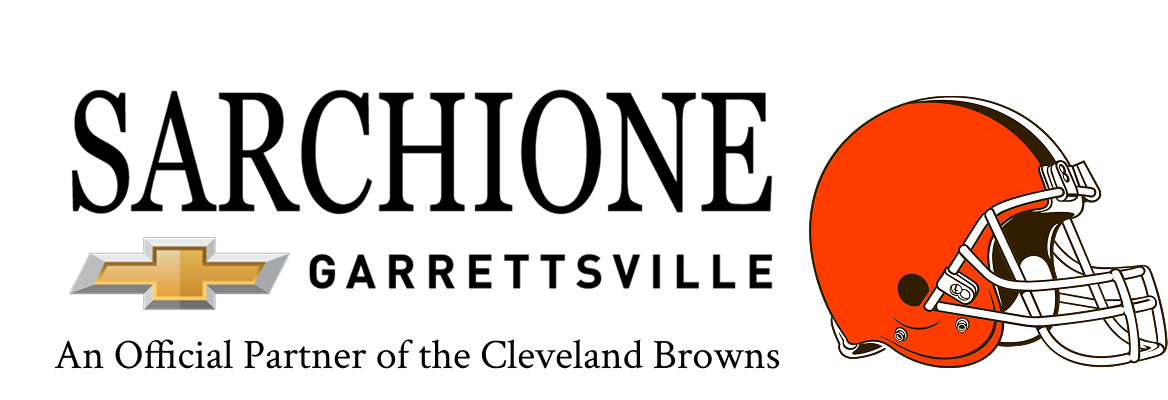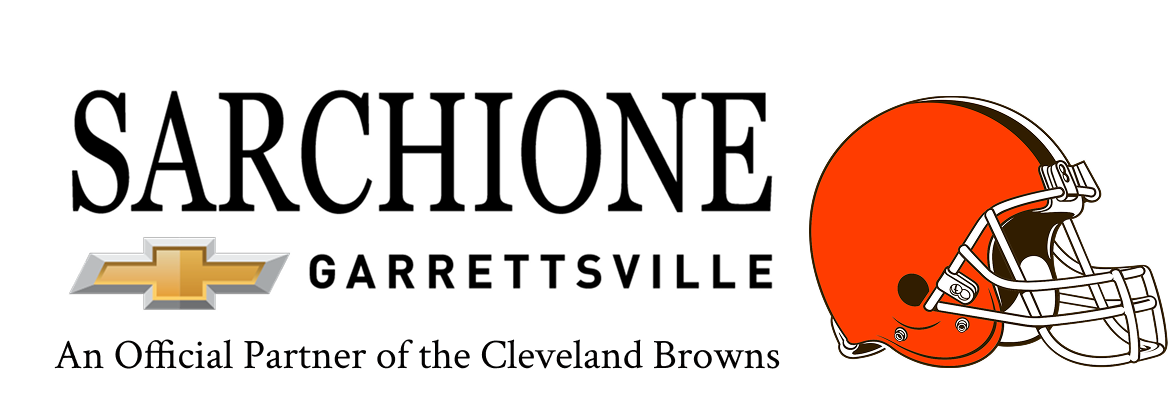When it comes to vehicle reliability, few components are as vital as the drivetrain. Without it, your Chevy cannot deliver power from the engine to the wheels, making even short drives impossible. Many drivers ask themselves, Do You Have A Chevy Drivetrain Issue? because the signs can be subtle at first but quickly escalate into major problems if ignored.
Strange noises, vibration, or difficulty shifting gears are just a few indicators that something is wrong. Understanding how the drivetrain works and recognizing its early warning signals can save you both time and money on repairs.
Understanding the Role of the Drivetrain
The drivetrain in your Chevy is a complex system that connects the engine to the wheels, ensuring efficient power transfer and smooth operation. It includes parts such as the transmission, driveshaft, differential, and axles, each playing a vital role in overall performance. When any of these components malfunction, performance suffers noticeably.
A properly functioning drivetrain ensures seamless acceleration, stable handling, and dependable fuel economy under various driving conditions. Because of the system’s complexity, even a minor issue can create a chain reaction that impacts multiple parts and leads to costly repairs. That is why regular inspection, timely fluid changes, and preventive maintenance are critical for long-term reliability and consistent driving confidence.
Common Signs of Drivetrain Trouble
One of the first indicators of drivetrain trouble is unusual noise. Drivers may hear grinding, clunking, or whining, especially when accelerating or turning. Vibration felt through the floorboard or steering wheel often suggests imbalance in the driveshaft or axle wear. Another red flag is difficulty shifting gears, which can point to transmission problems. Leaking fluid under the vehicle may signal a damaged seal or gasket within the drivetrain. Drivers should also pay attention to poor handling or resistance when the vehicle turns, as these symptoms often stem from a failing differential.
Causes of Drivetrain Issues in Chevy Vehicles
Several factors contribute to drivetrain issues, and most are linked to wear and tear over time. Aggressive driving habits, towing heavy loads, or failing to maintain fluid levels can accelerate damage and shorten component lifespan. Transmission fluid, for example, is essential for reducing friction, keeping components cool, and preventing internal corrosion. If neglected, overheating and premature wear may occur, often leading to expensive repairs.
Environmental conditions also play a role, with vehicles exposed to extreme temperatures, moisture, road salt, or off-road conditions experiencing faster deterioration. Chevy models, like all vehicles, require consistent upkeep and timely service to ensure the drivetrain remains in peak condition for years.
Preventing and Addressing Drivetrain Problems
The best way to prevent costly drivetrain issues is through routine maintenance. Regularly checking transmission and differential fluid levels, scheduling inspections, and addressing minor issues early can extend the lifespan of your Chevy. If symptoms of trouble appear, prompt diagnosis by a qualified mechanic is crucial.
Specialized equipment can pinpoint whether the issue lies in the transmission, driveshaft, or other components. Timely repairs not only restore performance but also prevent more extensive damage. By staying proactive, Chevy owners can ensure dependable operation and avoid the frustration of sudden breakdowns.


